The Farmers of Kisa West
2020 saw the team at C-MRA bring our first pilot project in Asumbi, Kenya to a successful conclusion.
As we enter 2021, the team at BEU are due to complete the implementation stage of the 2nd pilot project in Sanje, Uganda at the end of January, ready to carry out the final 3-month consolidation stage.
Meanwhile, the team at C-MRA will be making their final preparations to start training a new group of Lead Farmers, this time in Kisa West, Kenya.
A huge thankyou to all of you whose contributions have got us off to such a strong start with our fundraising for our Phase 3 project. If you haven’t had a chance to contribute yet, please consider clicking the button to show your support for this vital work:-
As we enter 2021, the team at BEU are due to complete the implementation stage of the 2nd pilot project in Sanje, Uganda at the end of January, ready to carry out the final 3-month consolidation stage.
Meanwhile, the team at C-MRA will be making their final preparations to start training a new group of Lead Farmers, this time in Kisa West, Kenya.
A huge thankyou to all of you whose contributions have got us off to such a strong start with our fundraising for our Phase 3 project. If you haven’t had a chance to contribute yet, please consider clicking the button to show your support for this vital work:-
Preparing the ground for Phase 3
Paul Omollo and his team at C-MRA have already recruited 73 farmers to the program, and of these 30 have been selected to be the lead farmers who will go through the full two-year program of training and support. A framework of criteria for selecting lead farmers has emerged during the pilot, and involves profiling farmers to establish whether they are proactive, are friendly and have the confidence to train others, are quick learners, are in a position to re-design their farms for demonstration purposes, and can host other farmers to learn from them.
Paul with a group of farmers during a lead farmer selection session
Initial workshops with the 30 selected lead farmers start with sensitization to the project’s overall goals, objectives and targets, and then move onto curriculum development sessions where the curriculum used in earlier phases is discussed with the farmers and amended to include information that they specifically request.
The farmers will also engage in a workshop to define the indicators of success to be used in the project monitoring and evaluation, before the baseline survey is conducted later in January. Recruitment of additional farmers to the project is an ongoing process.
The farmers will also engage in a workshop to define the indicators of success to be used in the project monitoring and evaluation, before the baseline survey is conducted later in January. Recruitment of additional farmers to the project is an ongoing process.
Another group of farmers during lead farmer selection
Farmer Profile
Mr. Isaac is one of the selected Lead Farmers in Kisa West, who is proving to be very proactive and a quick learner. He has picked up the permaculture idea immediately after sensitization and is already in constant touch with C-MRA for guidance as he starts to develop his farm to be one of the 30 model farms the project will help the Lead Farmers to establish.
Working in Challenging Times
Current government directives in Kenya due to COVID 19 limit the size of a group to 15 participants. All the activities being carried out now in preparation are adhering to this requirement, and the training sessions and follow-up workshops will each be run in two separate sessions, with the 30 farmers split into groups of 15 each.
Despite all the challenges of working with groups at this time, the follow-up research with farmers involved in the Phase 1 project, along with ground-breaking training on using photo-voice and using phones to share stories of challenges and change, Paul and his team will be ready to start the new training in February, just one month later than the original plan agreed many months ago. This is a tremendous achievement of which they should all be extremely proud!
Despite all the challenges of working with groups at this time, the follow-up research with farmers involved in the Phase 1 project, along with ground-breaking training on using photo-voice and using phones to share stories of challenges and change, Paul and his team will be ready to start the new training in February, just one month later than the original plan agreed many months ago. This is a tremendous achievement of which they should all be extremely proud!
Please support this invaluable program and help Farmer Isaac become one of 600 farmers in Kisa West to directly benefit from this program – with your help!!
PLEASE DONATE WHAT YOU CAN TO SUPPORT PAUL OMOLLO AND THE TEAM AT C-MRA IN THEIR WORK WITH THE FARMERS IN KISA WEST
Why Contribute?
We provide training and support for impoverished rural communities to learn how to help themselves.
Your contribution will:
We provide training and support for impoverished rural communities to learn how to help themselves.
Your contribution will:
- Help hundreds of families feed themselves with nutritious food
- Help them increase their income from diverse crops, and reduce farm costs
- Help us support them as they work together to find shared solutions to common problems
- Help improve the local environment and take action to reverse climate change
| permezone_newsletter_december_2020.pdf |


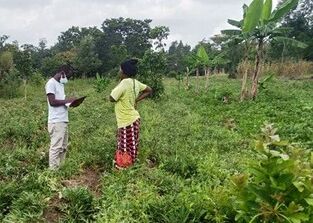
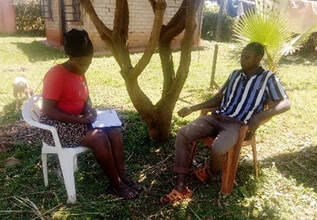
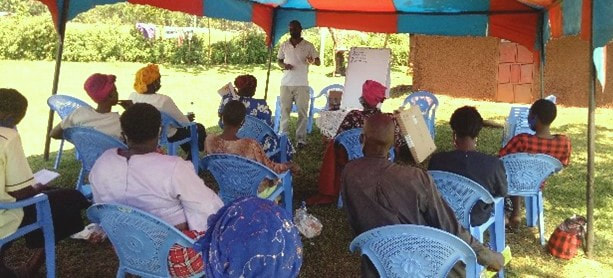
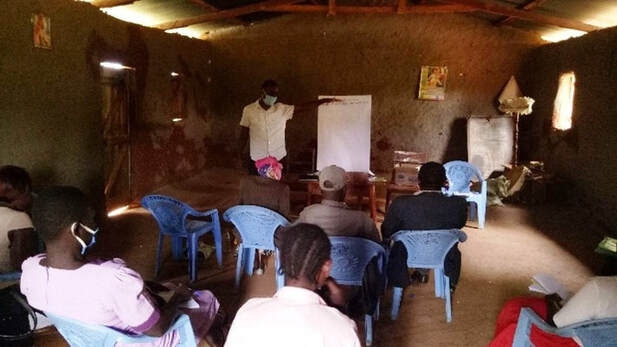
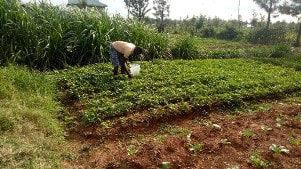
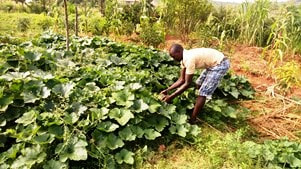
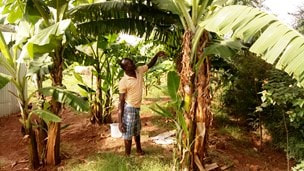
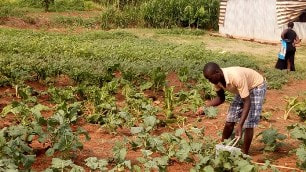



 RSS Feed
RSS Feed